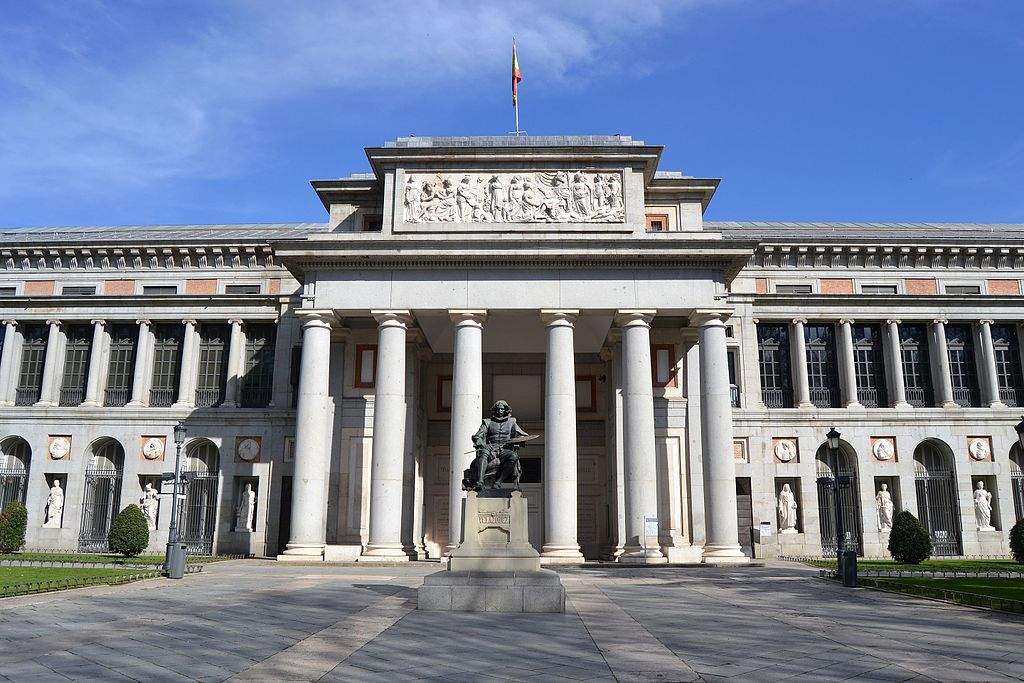Spain, allocated 76.4 million euros to support the entire cultural sector
In Spain, the government has approved a decree allocating 76.4 million euros for the entire cultural sector in order to ensure the survival of cultural facilities. Satisfied was the Minister of Culture and Sports, José Manuel Rodríguez Uribes, who said that this decree comes at the right time: the measures taken so far by the ministry had not been as effective as hoped, because they did not guarantee access to the necessary liquidity.
With the new measures, the government has recognized culture as one of the sectors most affected by the pandemic from an economic point of view. Among the measures is enabling extraordinary access to unemployment benefits for cultural workers: artists will be able to access it for up to 180 days.
With the addition of 20 million euros, the mutual guarantee company CREA SGR will have a total of 780 million euros in guaranteed loans for the cultural sector, to be allocated to six areas: publishing, art, performing arts, music, film and audiovisual. Each of these sectors will have a minimum of 40 million euros available.
These are the main measures for each sector:
Performing arts and music will be allocated 38.2 million euros as extraordinary aid: managed by the Ministry of Culture through the Instituto Nacional de las Artes Escénicas y de la Música (INAEM), this aid will be granted once under two lines, namely aid to support cultural facilities of all kinds and aid to stage activities.
For cinema, a fund of 13.2 million euros will be created to cover the costs of movie theaters closed due to health emergencies, to adopt the new security measures necessary for reopening, and to carry out campaigns to encourage audiences to return to theaters.
For publishing, the decree provides an extraordinary credit of 4 million euros to be allocated to independent bookstores.
Art will have 1 million euros available for the promotion of contemporary art and the development of digital innovation projects that increase the dissemination of visual arts, artistic creation, communication, international dissemination, and the acquisition of contemporary Spanish art.
Regarding the audiovisual sector, producers will be advanced up to 50 percent for the realization of their project and different deadlines will be provided in the procedures for granting production aid for films that were to be made in 2020. Tax incentives for foreign and domestic production will also be increased to 30 percent in the first million, and tax deductions are extended to film and series production.
In Italy, MiBACT Minister Dario Franceschini launched the “Cure Italy” decree on March 16 to support tourism and culture, which included extraordinary allowances for workers in tourism, culture, entertainment, cinema and audiovisual, also extended to seasonal workers in tourism and entertainment; interventions in favor of authors, artists, performers and agents; and support for culture, entertainment and tourism enterprises with suspension of payments of withholding taxes, social security and welfare contributions and premiums for thecompulsory insurance for entities operating or organizing theaters, concert halls, cinemas, fairs or events of an artistic or cultural nature, museums, libraries, archives, historic places and monuments, bars, restaurants, spa companies, amusement or theme parks, transportation services, rental of sports and recreational equipment or facilities and equipment for events and shows, tour guides and assistants. The Entertainment and Cinema Emergency Fund was also created: 130 million euros for 2020 to support operators, authors, artists, performers and performers affected by the measures adopted for the COVID-19 emergency and for investments aimed at revitalizing these sectors. Provision was also made for a voucher to reimburse travel and package tours canceled as a result of the health emergency, also extended to tickets for shows, cinemas, theaters, museums and other cultural venues, and an additional voucher to reimburse those who had made reservations at hotels and other accommodations. It was then decided to carry out an extraordinary campaign to promote Italy in the world also for tourism and cultural purposes.
An allowance of 600 euros for the month of March was provided to support entertainment workers.
At the council of European culture ministers Franceschini had called for more European resources to support the cultural and creative sector, providing adequate resources for the budget of the Creative Europe Program by at least doubling to 2.8 billion the planned allocation. And at the extraordinary G20 meeting dedicated to tourism, he had reiterated the need for internationally coordinated interventions to respond to the serious crisis that is affecting all areas of the sector.
In April, a decree was signed initiating procedures to allocate 20 million euros in support of performing arts entities that had not received contributions from the FUS in 2019; 13 million euros from private copying in favor of authors, artists, performers with incomes of less than 20,000 euros gross per year; and 5 million euros for traveling shows. The minister also anticipated important measures for the performing arts, such as extraordinary rules for the disbursement of FUS that will anticipate the disbursement of funding and allow the possibility of also using the funds to supplement income support tools for employees, and the package of measures to strengthen workers’ benefits and protections and avert the possibility that some professional figures may be left out.
 |
| Spain, allocated 76.4 million euros to support the entire cultural sector |
Warning: the translation into English of the original Italian article was created using automatic tools. We undertake to review all articles, but we do not guarantee the total absence of inaccuracies in the translation due to the program. You can find the original by clicking on the ITA button. If you find any mistake,please contact us.




























